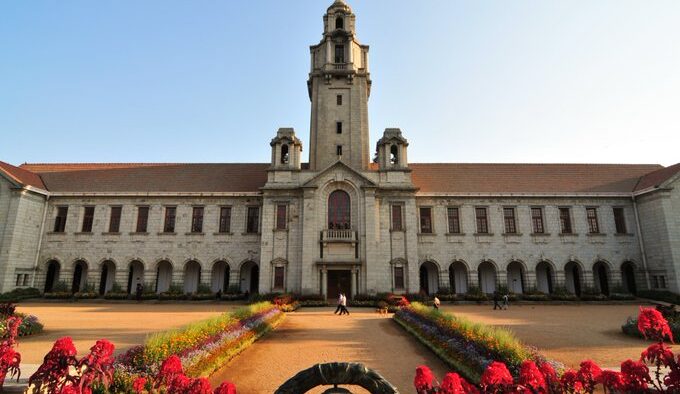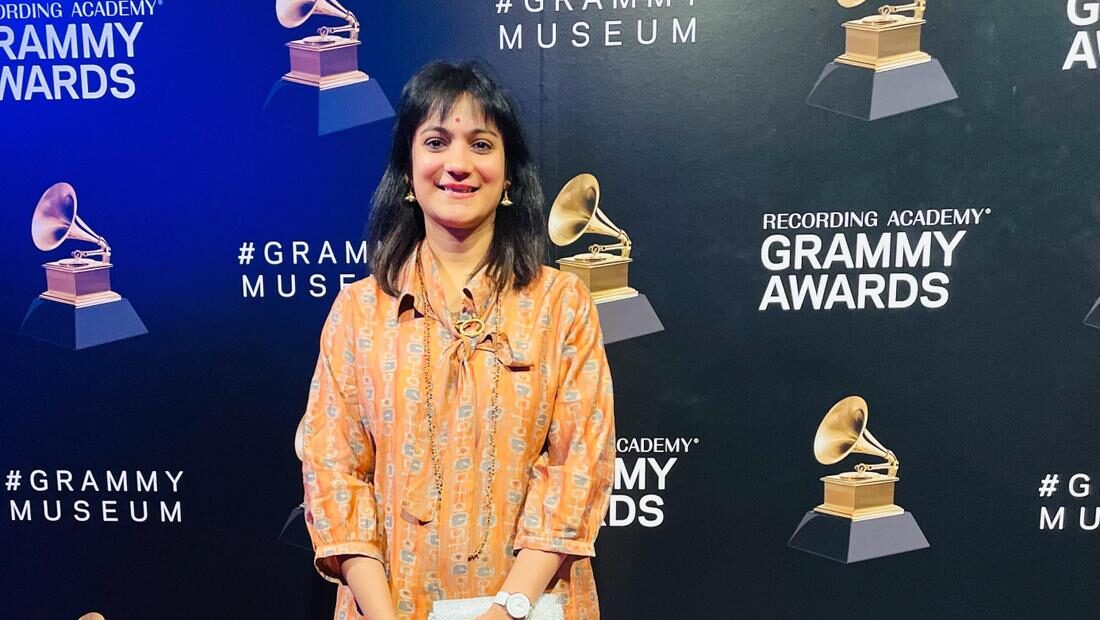The Indian Institute of Science (IISc), a premier research institution in Bengaluru, India ranked No1. in the Quacquarelli Symonds World University rankings. It scored a perfect 100 out of 100 for the citations per faculty metric in the QS analysis. Moreover, it is ranked the third best Indian institution among the top 200 universities in the world. The first and second rank was coveted by Indian Institute of Technology (IT) Mumbai and Delhi respectively.
The QS World University rankings was inaugurated in the year 2004 and presents to the world data on university performance. This is done by compiling six metrics that portray the university’s performance. The metrics include (i) academic reputation, (ii) employer reputation, (iii) faculty/student ratio, (iv) citations per faculty, (v) international faculty ratio and (vi) international student ratio.
The Indian Institute of Science scored a perfect 100 in the citations per faculty metric. This metric measures the institutions research quality. The total number of citations received by all papers by the number of faculty in that institution provides the measure of research quality. The citation data is sourced using Elsevier’s Scopus database, which happens to be the world’s largest repository of academic journal data.
India is a gold mine for eminent research institutes the first ever being the Indian Institute of Science that was set up in the year 1909 after two decades of relentless work by Jamsetji Nusserwanji Tata. The institute started with two departments: General and Applied Chemistry, and Electrical Technology. Over the years, the institute has seen brilliant scientists like Sir CV Raman, Homi Bhabha, Vikram Sarabhai and the list goes on.
Currently, the institute produces more than 2000 research papers per year with 60% of its students in various PhD programmes. I recently came across an article that described how IISc, although seems old-fashioned, is built on strong core principles that make it a great academic institution.
Dr Rohini Balakrishna, Professor at the Centre for Ecological Sciences at IISc said, “The Indian Institute of Science has been among the top research institutions globally and it is nice to see this formally recognised.”. Dr Balakrishna’s research aims at studying animal communication using sounds and various aspects around this broad umbrella. Recently, a newly discovered species of tree cricket in Mexico was named after her. The species was named Oecanthus rohiniae. She said, “I was extremely elated; it is the best honour a biologist can get!”
Prof CN Rao, in a conversation with CSP said that in basic nanoscience, India is amongst the top four countries and there are a few individuals who have made significant contributions in their areas of work and have gained a good reputation. While he does say that he has become wary of rankings, he remarks IISc is ranked high in India.
Apart from conducting leading scientific research, IISc researchers are also focusing on sustainable developments, traditional Indian industries that promote sustainable developments. Dr Anjula Gurtoo, faculty member of IISc from the Department of management studies small traditional Indian small scale industries that include Khadi, handloom, village handicrafts, sericulture, coir etc.
IISc also supports student run start-ups that aims to promote the spirit of entrepreneurship. EntIISc- Entrepreneurship & Innovation at IISc is a student run forum set up in 2003. There are more than 10 start-ups that have benefited through their events and have also attracted good amount of funding.
India has always been at the top in the research game. We have always ranked among the top ten countries for scientific research. Research in India has been dominated by life sciences, medicine and engineering.
Even ancient India saw various scientists whose contributions are applied till date by researchers across the world. Baudhayan wrote the Sulba sutras that gave us the Pythagoras theorem, years before the age of Pythagoras. Aryabhata, a fifth century mathematician and astronomer not only gave us “Zero” but also stated that the Earth is round and rotates on its own axis. He studied in India’s first university, Nalanda.
Indians have given utmost importance to education from time immemorial. Also, it is very interesting to note that India had recognised the supreme goal of life- self-realisation. For this, education played a significant role in that journey because among the different methods of learning that were adopted: critical analysis, introspection, question and answers, hands-on sessions and seminars paved the way to a research-oriented quest. This quest has continued to this day with bright minds working in different fields to bring about meaningful discoveries that have real-life applications.




